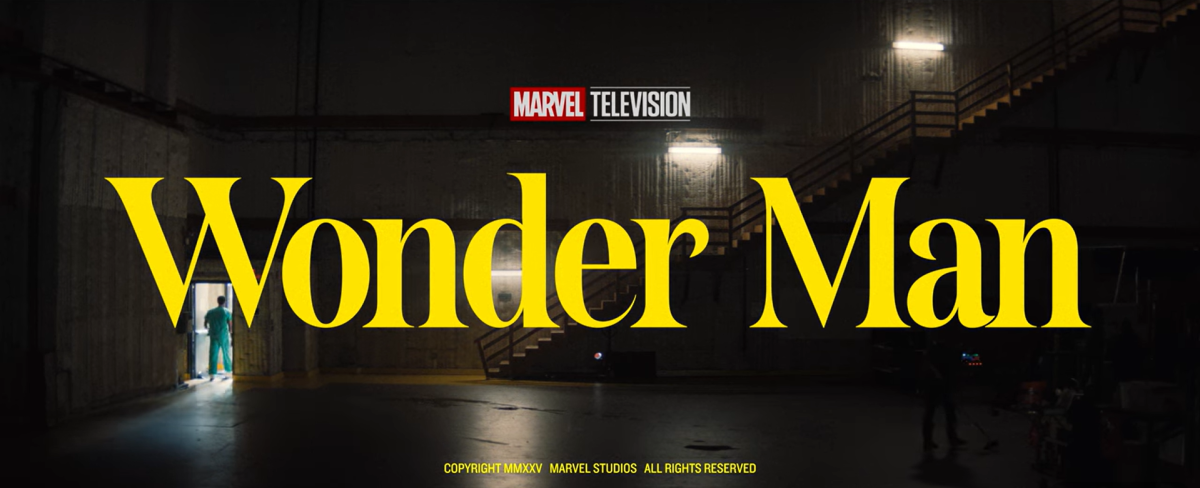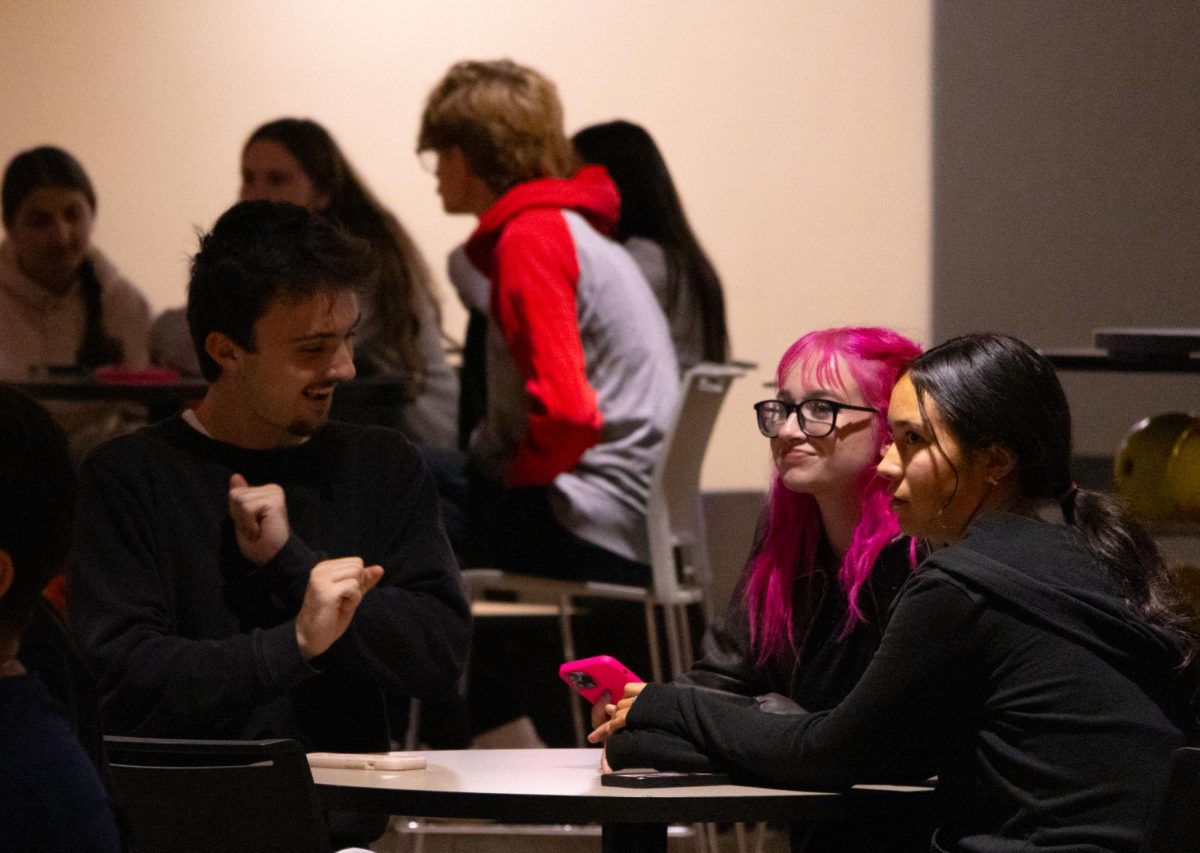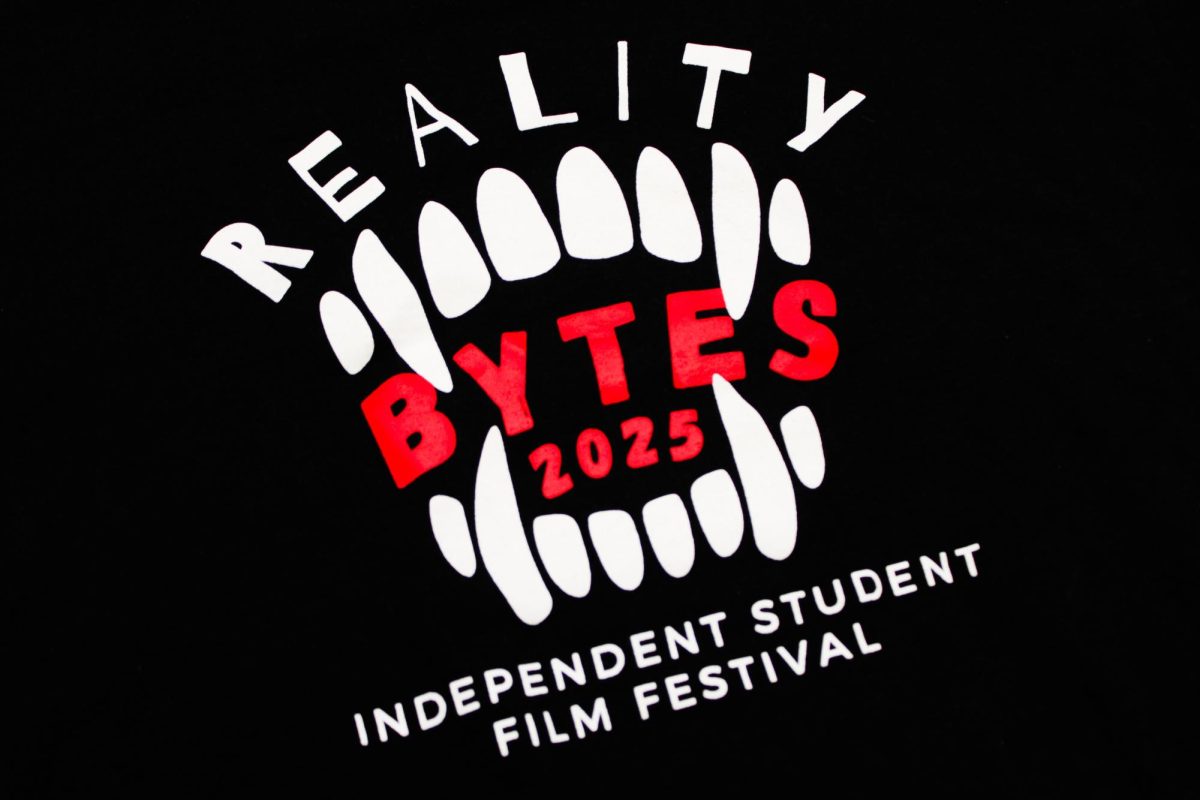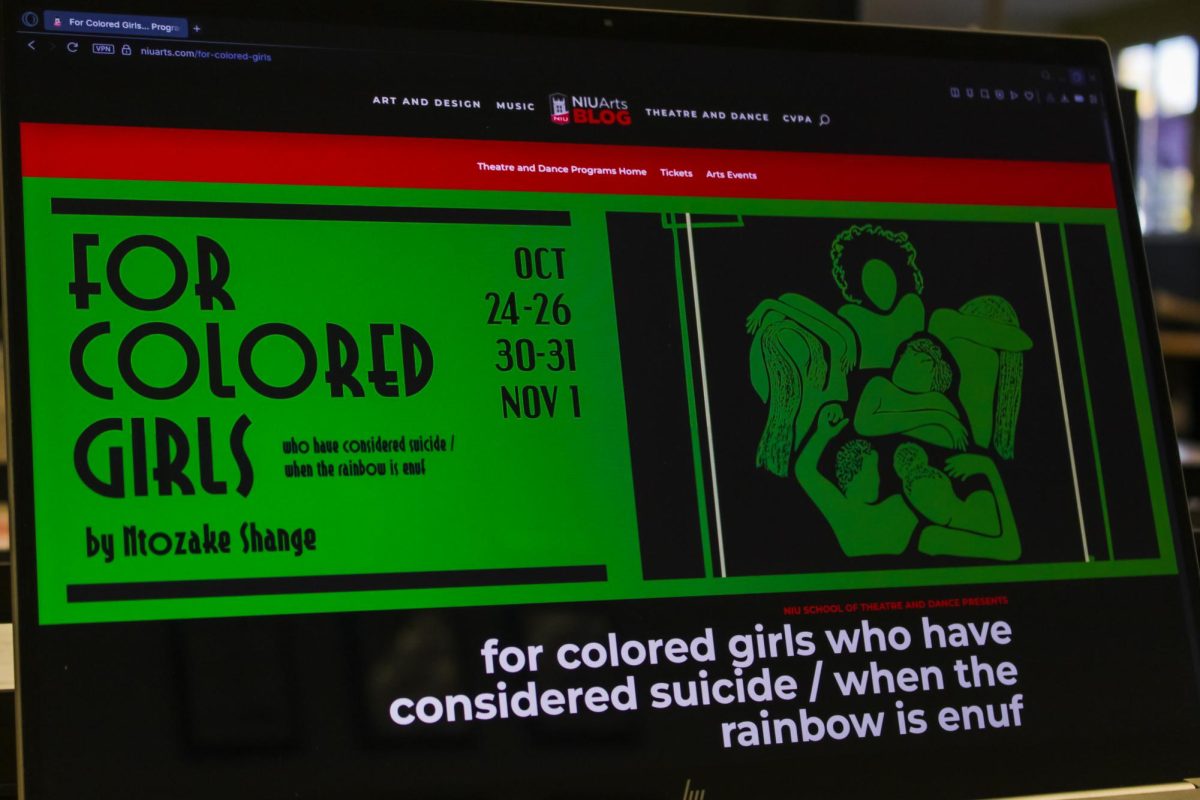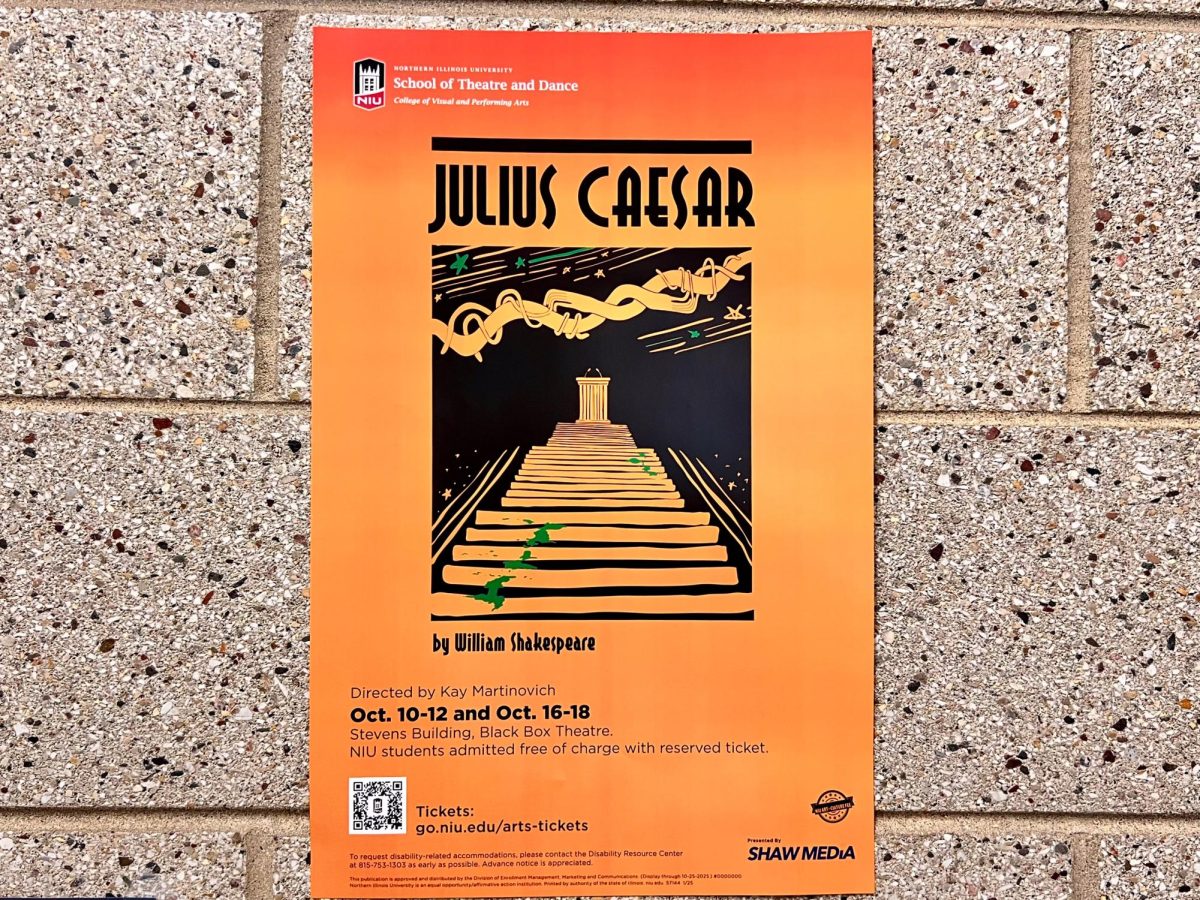“In the grim darkness of the far future, there is only war.”
This iconic tagline, credited to co-creator of the series Rick Priestley, has served as the basis for understanding the world of “Warhammer 40K” since the franchise’s inception.
Despite its exceedingly long run and success, tabletop gaming and the fantasy realm of 40K remained mostly a niche hobby and interest, until a certain Hollywood actor chimed in.
“Warhammer,” as it stands now, is a title that encompasses an impressive amount of mediums. Starting as a tabletop game likened to “Dungeons & Dragons” in the 1980s, the series soon spread to books, then video games, constantly releasing new content and expanding into multiple avenues of creative growth.
Henry Cavill, most famous for his portrayal of Superman, said in television interviews, like those with Graham Norton, that he was a fan of the game “Warhammer.”
By sharing his passion for the hobby and lore, Cavill brought “Warhammer 40K” to an intense spotlight in the modern era, which brought a new swathe of fans and media attention to the hobby and franchise.
Cavill’s conversations on “Warhammer” served as an introduction for many people to this incredibly dark fantasy world. Due to Cavill’s prior success and approval from fans when he worked on “The Witcher” TV series, which was another video game turned television project, fans began speculating on the possibility of a live-action project set in the “Warhammer” universe.
In 2023, this speculation proved fruitful, as Amazon announced that it would be producing a TV series, with Cavill serving as producer. Now fans have been waiting patiently and checking for updates whenever announced to monitor the release of the show, which is slated to air in 2025.
Cavill is well known for his dedication to source material when filming adaptations, and the show is expected to be a dark, gritty, interstellar voyage through the ultraviolence of the 41st millennium.
Since the announcement of the show, the “Warhammer” franchise has been on the receiving end of a sort of pop-culture revitalization. Whether it’s headlines discussing the upcoming TV show or new fans praising the lore and worldbuilding, it may come as a shock that the “Warhammer” title has existed for almost four decades.
The creation and distribution of the “Warhammer” title, which has remained relatively niche since the 1980s, is performed by the company Games Workshop.
Games Workshop started in the mid 1970s as a board game company and found inspiration from a working partnership with “Dungeons & Dragons” upon its initial release. The release of D&D inspired employees of Games Workshop’s subsidiary company “Citadel Miniatures,” Ryan Ansell, Richard Halliwell and Rick Priestly, to come up with the idea for their own fantasy game, “Warhammer.”
Although originally created with the same aesthetic as “D&D,” by the late 1980s “Warhammer” had expanded this concept into the sci-fi genre mainly associated with the title today, releasing their first of the astounding 50 video games in the franchise.
What followed was the deeper development of the sci-fi world of “Warhammer 40K.” Games Workshop proceeded to expand upon this world of characters and races they created, resulting in over 530 books, short stories, spinoff stories and other media being written even today.
With a legacy spanning 40 years, and dedicated fans stoking the flames of the future, the Warhammer title shows no signs of burning out anytime soon.



